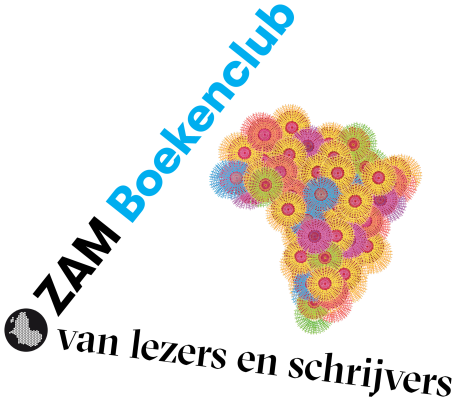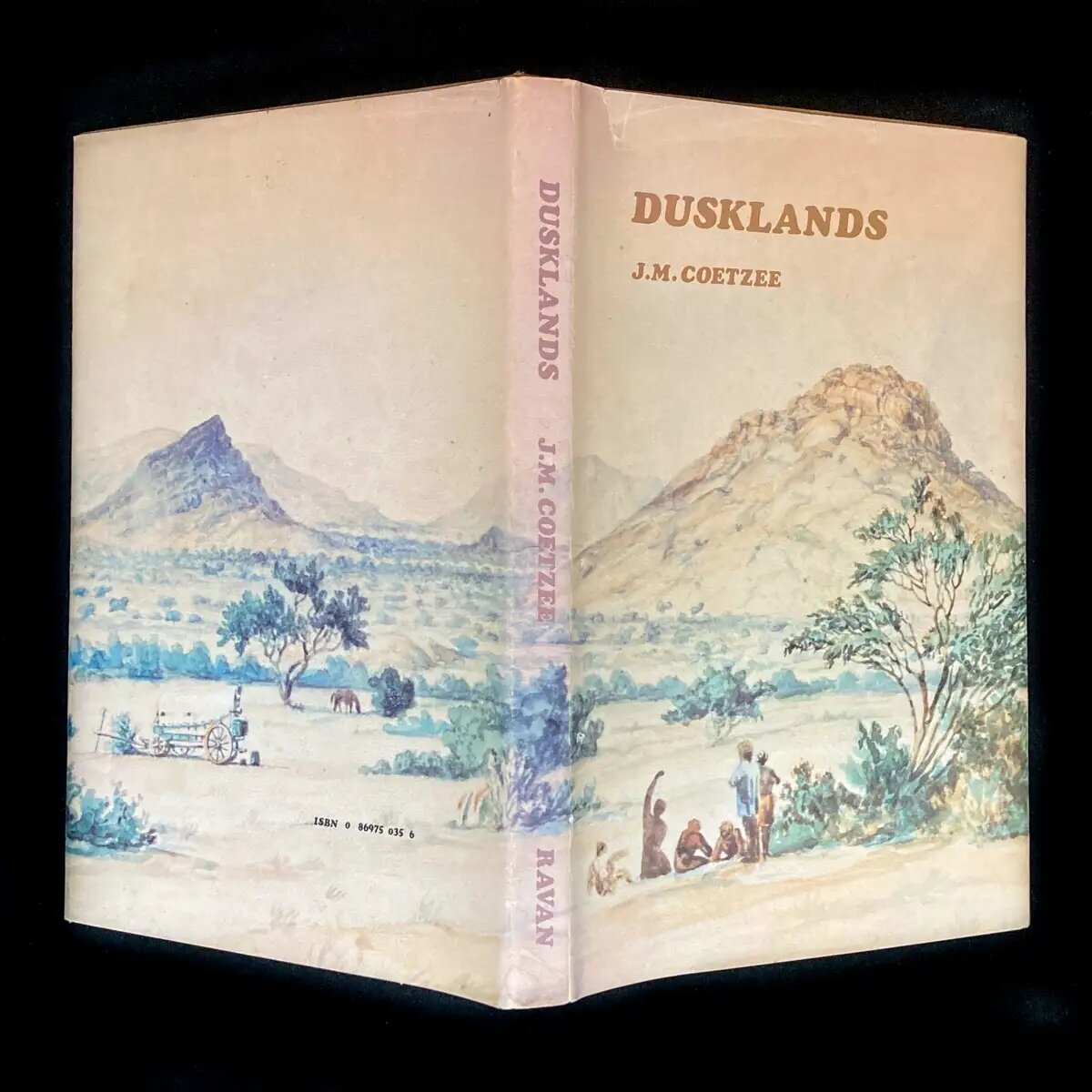J.M. Coetzee's debut novel with themes like genocide and cultural disintegration reverberate with unsettling familiarity in today's world.
In the literary landscape some works endure the test of time, transcending temporal boundaries to remain as pertinent and poignant as they were upon their initial publication. J.M. Coetzee's debut novel, Dusklands, celebrates its 50th anniversary this year, inviting readers to revisit its profound exploration of power, narrative, and the human condition.
The first novel of the South African writer and 2003 Nobel Laureate in Literature is perhaps less well-known than works like Waiting for the Barbarians (1980) or Disgrace(1999), which were hailed as important commentary on the enduring legacy of colonial narratives and ‘othering’, but Dusklands (1974) is by no means less impressive nor does it shy away from similar difficult questions.
Dusklands comprises two distinct yet thematically interconnected narratives: 'The Vietnam Project' and 'The Narrative of Jacobus Coetzee'. In the former, we follow the harrowing descent of Eugene Dawn, a cog in the machinery of psychological warfare during the Vietnam War. Eugene's involvement in mythography and psychological operations gradually corrodes his sanity, culminating in a tragic act of violence against his own son, Martin. Meanwhile, 'The Narrative of Jacobus Coetzee' transports us to 18th-century South Africa, where Jacobus embarks on a hunting expedition that exposes the brutal dynamics of colonialism, culminating in the massacre of a Namaqua tribe.
Searing commentary
At its core Dusklands is a searing commentary on the construction of narrative and the assertion of power. Coetzee challenges traditional notions of authorship and historical authenticity, blurring the lines between reality and fiction. The inclusion of 'The Narrative of Jacobus Coetzee' as a purported historical document underscores the complexity of truth-telling and the sometimes questionable nature of historical interpretation. Moreover, by naming the fictional character after himself, Coetzee subtly underscores his ancestral involvement in colonialism. Who, the novel thus provocatively asks, holds the authority to shape narratives, particularly those concerning marginalized communities?
Dusklands confronts the mythology of war and its enduring impact on collective consciousness. By juxtaposing the brutality of colonialism with the horrors of modern warfare, Coetzee exposes the destructive undercurrents of power struggles and cultural clashes. 'I am an explorer', says the character Jacobus Coetzee, 'the essence of my existence is unlocking what is closed, bringing light into what is dark'. Echoing the civilizational existential unease of Conrad's Heart of Darkness, the novel interrogates the moral implications of Western imperialism and its lingering legacies in post-colonial societies. It serves as a harrowing exploration of the violence inherent in colonialism and the discursive inheritance it bequeaths to subsequent generations.
Potent relevance
As we commemorate the 50th anniversary of Dusklands, its relevance remains as potent as ever. The themes of genocide, colonialism, and cultural disintegration reverberate with unsettling familiarity in today's world. Coetzee's incisive exploration of the human psyche and the complexities of historical discourse serves as a poignant reminder of the enduring consequences of unchecked power and the narratives that sustain it.
In an era marked by political upheaval and social unrest, as well as a global resurgence of divisive dichotomies like 'us' versus 'them' in political discourse, Dusklands beckons readers to confront uncomfortable truths about the nature of power and the narratives that shape our understanding of the world. I implore readers to (re)discover the profound resonance of Dusklands in 2024, and engage with its timeless message.
Anne Marieke van der Wal-Rémy is Assistant Professor African History & International Studies at Leiden University.


